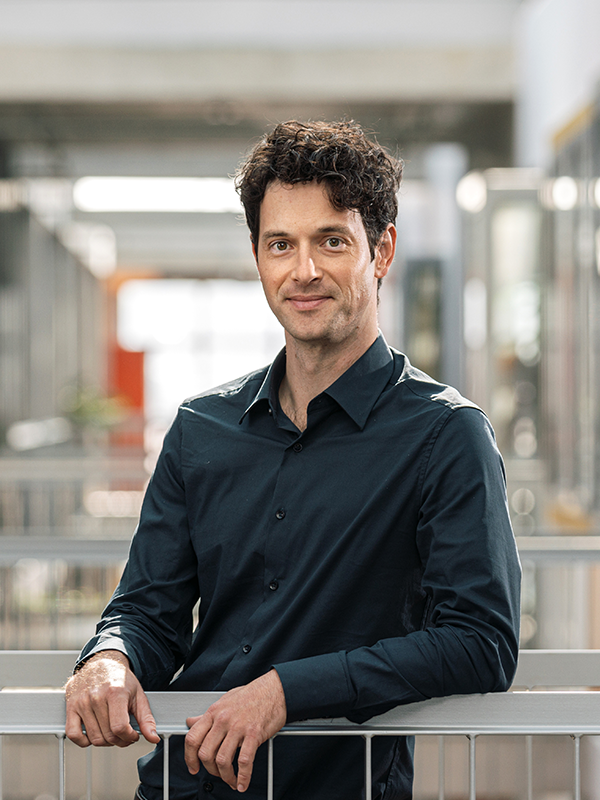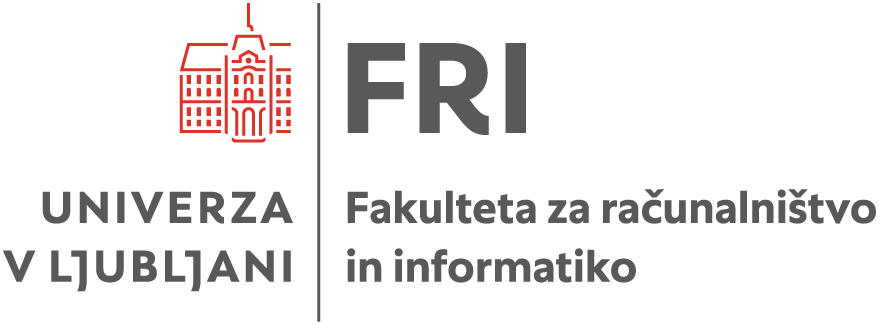- Kreditne točke:5
- Semester: poletni
- Vsebina
Napredne metode zaznavanja in učenja na robnih računalniških napravah / Advanced Topics in Edge Sensing and Learning
This course covers theoretical, system, and application aspects of mobile, wearable, and Internet of Things devices (here referred to as “ubiquitous computing devices”) for sensing and learning about the environment.
The course starts with the overview of ubiquitous sensing platforms, covering topics such as the constraints, applications and the functioning of these platforms, thus touching upon the sampling theory (including the recent advances in sub-Nyquist sampling) and the “sensor sampling - feature extraction - machine learning” pipeline.
The course then thoroughly examines recent innovations that finally brought deep learning (DL) to a range of ubicomp devices before continuing with an in-depth investigation of applications of DL on this platform, e.g., for human activity recognition, healthcare, authentication and security, and wireless inference. Deep learning is also the focus of the collective intelligence brought by distributed IoT deployments. The course covers distributed deep learning training via federated and split learning and solutions for local-cloud learning distribution.
A key course component is a practical project that students will independently work on. The project harnesses modern tools for mobile sensing (e.g., Android) and on-device deep learning (e.g., TensorFlow Lite) and requires students to develop a full-fledged mobile deep learning application. Student participation is facilitated further by mandatory research paper presentations delivered by each student in the class.
Finally, the course’s relevance for preparing students to address global challenges is exacerbated through a dedicated lecture on ubicomp technologies for tackling pandemics and a guest lecture on mobile solutions for developing regions.
Restrictions/Prerequisites: Fundamentals of machine learning, Basics of deep learning, Object-oriented programming. Each student must have a laptop capable of running Android Studio. Each student should have an Android smartphone running Android API 26 or above for project demo purposes (two such phones are available in our lab). Additional equipment in the form of Android development boards (e.g. HiKey) or external sensors may be needed for certain projects. This is likely available in our lab or at FRIzider.
- Študijski programi
- Porazdelitev ur na semester
- Izvajalci


